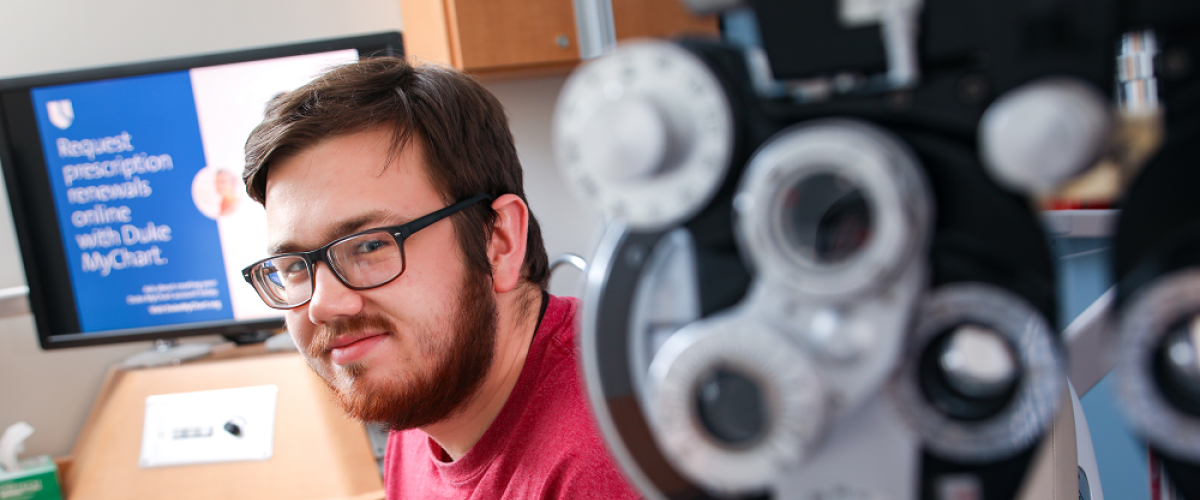
People who participate in clinical research can help researchers learn more about eye problems, try out new ways to test and treat eye disease.
Clinical research and trials offer hope for many people and a chance to help researchers find better treatments for others in the future. However, they wouldn't exist without the people who volunteer to participate. By volunteering you may help researchers:
- Help other people who are sick
- Find safer or better treatments
- Find ways to improve medical care
- Learn more about eye diseases and how to best treat them
Clinical Research Participants
Clinical trials require different types of people. Each type chooses to participate for different reasons.
- Healthy Volunteers
Healthy volunteers play an important role in research because they help define “normal” ranges. While they may receive no direct benefit, healthy volunteers may choose to participate in clinical research because they want to help others and contribute to advancing science.
- Patient Volunteers
People with a health condition or disease may take part in a research study to gain access to a new therapy; take a more active role in their health; or contribute to better understanding, diagnosing, or treating that disease or condition. While some patient volunteers may receive a direct benefit from participating, the overall goal of the clinical trial may be to understand the risks and benefits of a treatment and to scientifically prove whether it is effective.
Who Can Participate?
Researchers use a list of rules called eligibility criteria to decide who is eligible to be in the study. These criteria ensure it is safe for you to participate. They also ensure the study results are due to the treatment being studied and not other factors or chance.
“Inclusion criteria” are factors that allow someone to be included in the study. “Exclusion criteria” are factors that disqualify someone from being in a study. These factors can include:
- Age
- Gender
- Type and stage of a disease
- Previous treatment history
- Other medical conditions
Deciding to Volunteer
There are different ways to participate in clinical research. You may need to visit the hospital, doctor's office, or nursing home. Or you may participate in a classroom, in your own home, or through an online survey or questionnaire. Types of participation can include:
- Completing a questionnaire about health or behaviors, or answering questions in an interview with researchers
- Donating a tube of blood or a tissue sample
- Taking part in a clinical trial to find out if new therapies are safe and effective
- Helping researchers understand how the healthy body works